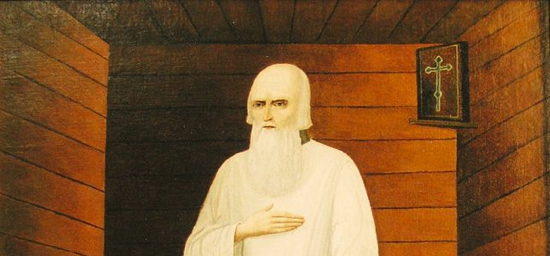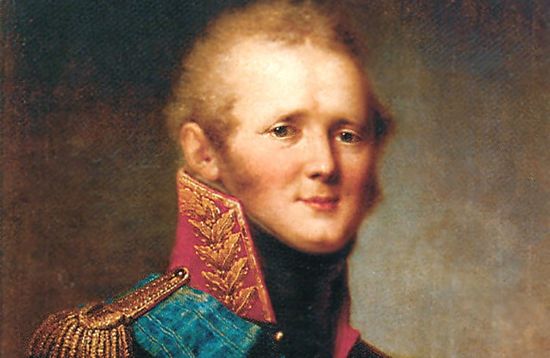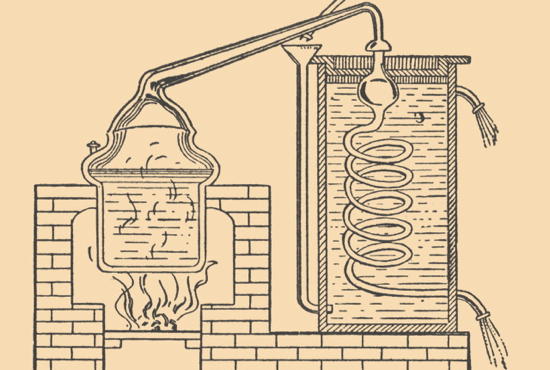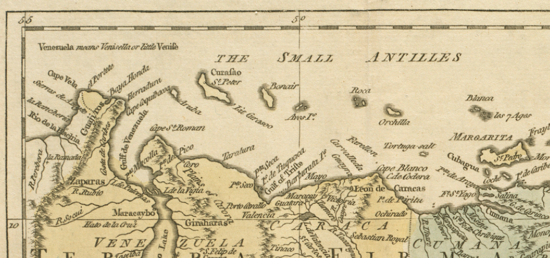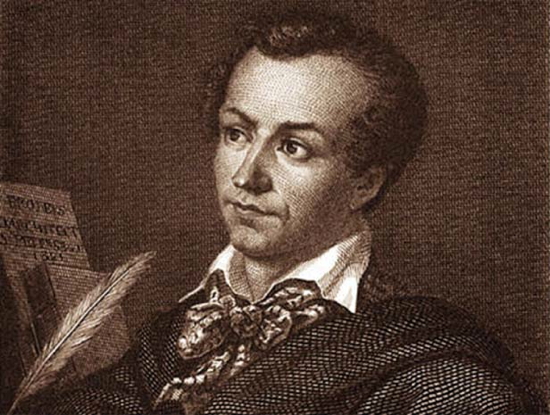Making Strawberries Romanoff
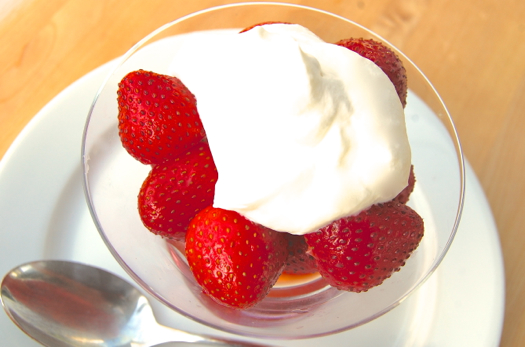
Should, upon placing an elegant little bowl like this in front of your dinner guest, he reply “I don’t like strawberries and cream” you shall grasp the nearest available pair of leather riding gloves and slap them with great force against his cheek bone. Villain! Do you not recognize strawberries Romanoff when you see them??? At that point you can challenge him to pistols at dawn if you like. It’s a judgement call.
I made mine in the Russian style with sour cream added to the sweetened whipped cream because, well, why not? I started of course with the best strawberries I could find. This is a half batch of two cups. I picked the smaller ones because I like the presentation of the uncut berries and the smaller they are the better the better the flavor balance you’ll have. I added the orange juice…
READ ON